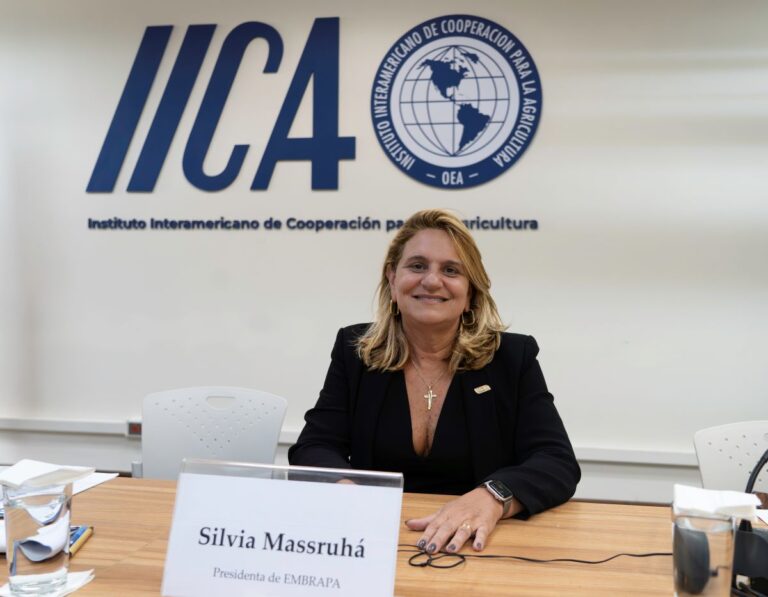Project financed by IDB/FOMIN and supported by IICA made facilitated the registration of two appellations of origin in El Salvador and Guatemala and a geographical indication in Honduras.
Guatemala City, 06 June, 2014 (IICA). Development, registration and international protection of two Appellations of Origin (AO) in El Salvador and Guatemala, as well as one Geographical Indication (GI) in Honduras, are among the results of a project supported by the Inter-American Institute for Cooperation on Agriculture (IICA) and other international organizations, aimed at improving the productive and commercial yield of Central American coffee.

Following work started in 2008 by the Regional Cooperative Program for the Modernization and Technological Development of Coffee (PROMECAFE), whose Executive Secretariat is managed by IICA, the coffee from Apanaeca Ilamatepec, in El Salvador, and Acatenango, in Guatemala, now have appellations of origin.
Furthermore, Honduras Western Coffees is the new geographical indication that will enable coffee growers of Honduras to recognize the relationship between the quality of their product and the geographical conditions of the region.
The project that culminated in the AO and the GI, called Geographical Indications for Export of Agrifood Products, was financed by the Inter-American Development Bank (IDB) and the Multilateral Investment Fund (FOMIN). Its objective was to demonstrate that protection of the quality of coffee by its origin is a viable competitiveness alternative for Central American coffee.
According to Armando García, Executive Secretary of PROMECAFE, the appellations of origin and the geographical indication will promote their protection in the international markets and will ensure the sustainability of coffee production processes. “The initiative also improves the income of the coffee sector and strengthens its institutional development”, stated Garcia.
Other achievements of the project include the strengthening of the production chain and of the public and private institutions linked to the promotion of the AO and the GI for coffee and other agrifood products.
Participants in the closing activity of the project, held in Guatemala, included representatives of the IDB/FOMIN, beneficiary coffee institutions, international cooperation agencies, public entities, producers and administrative AO bodies, as well as international Cup of Excellence wine tasters.
For further information:
armando.garcia@iica.int











